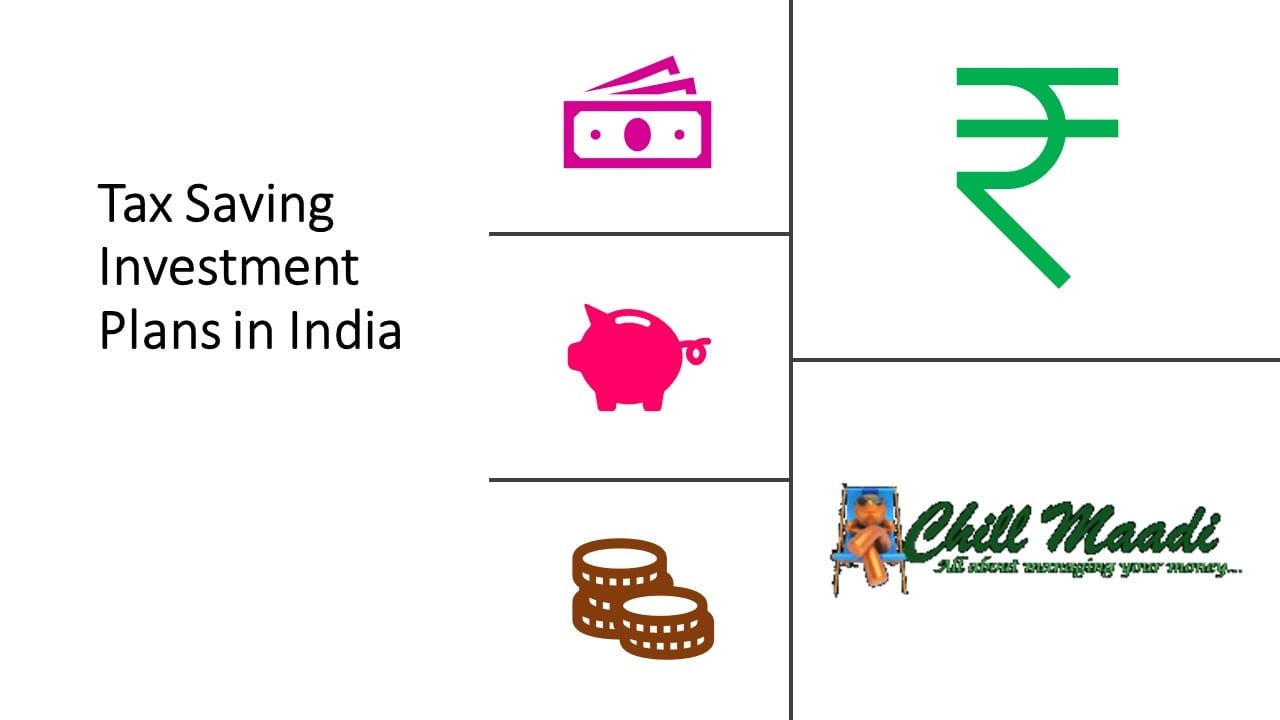Which are the best tax saving investment plans for the long and short term in India?
It is essential to know the savings scheme that allows tax benefits to investors. A proper investment scheme is a gateway to maximum profits. And if you want to get the most of the tax benefits from a financial investment, you must know the details of long terms and short terms investment plans. Both have some advantages and disadvantages. And these function in different ways in the Indian economy.
Long-term and short-term tax saving investment plans
You cannot deny the benefit of savings in the long term tax saving investment plans. It helps you to generate a habit of regular saving. And you get some tax benefits from some popular long term investment plan in India. Short-term investment plans are easy to deal with. You can avail of liquidity of money after a certain period added with interests and financial benefits. Here are some details of both so that you can decide which one is the best for you.
Public Provident Fund (PPF)
PPF has a lock-in period for its investors. The tenure of the investment is fifteen years. And the investor can tax benefit up to Rs.1.5 lakh per financial year. The benefit runs under the Section 80C of Income Tax Act 1961.
National Pension Scheme (NPS)
NPS is one of the long term tax saving investment plans aiming for retirement income. This pension scheme works under the government’s regulations. Non-salaried individuals get 20% of the gross income of a financial year for tax deduction under section 80 CCD (1). For salaried individuals, the tax deduction is 10% of the salary of a year with an NPS account. An additional tax deduction of rupees fifty thousand under Section 80CCD(1B) is there, excluding the limit of Rs.1.5 lakh.
Equity Mutual Funds and debt mutual funds
Long term Equity Mutual Funds can be eligible for taxation. If the investment gains over one lakh in a year, it can get ten percent of tax. If functions like that, if you sell it after a year of investment.
For debt mutual funds, if you sell it after three years, it is taxable. The rate of tax is twenty percent.
Life insurances
Long term life insurances have some Income Tax benefits. If the life insurance is eligible under Section 80C of the Income Tax Act, you will get a tax deduction. This is valid not only with LIC but also with any IRDAI approved insurance under Section 80C.
Equity Linked Savings Scheme (ELSS)
ELSS has a perfect combination of short term tax saving investment plans and tax deduction benefits. It has three years lock-in period. You can save up to Rs.1.5 lakh with ELSS as it comes under Section 80C. The gained capital is not taxable.
Health Insurance Plan
There is a tax exemption policy that comes under Section 80D for health insurance investors. It is up to thirty thousand for senior citizens and up to twenty-five thousand for non-senior citizens.
Rajiv Gandhi Equity Savings Scheme (RGESS)
It has a lock-in period of three years. It is one of the perfect short term tax saving investment plans. Fifty percent of the amount invested here can get the tax benefit under Section 80CCG.
Concluding remarks
Some of the long terms tax saving investment plans are eligible for a tax deduction. And most of the investment plans in long term policy comes with a long lock-in period. The short term investment plans that are discussed here are eligible for a tax deduction. But most of the short term plans have market-linked functions. You will have to decide which one is preferable to save more for reducing the burden of the tax. But if you want to get benefits within a shorter time, go for short term investments. Otherwise, long term investments are preferable to achieve higher profits for an extended period.
